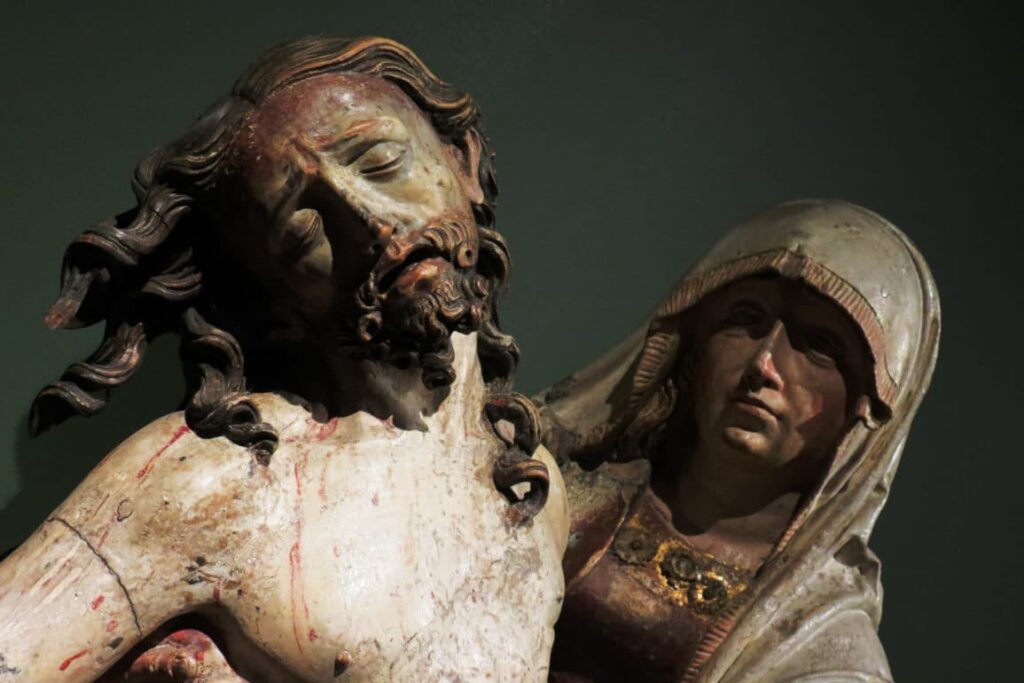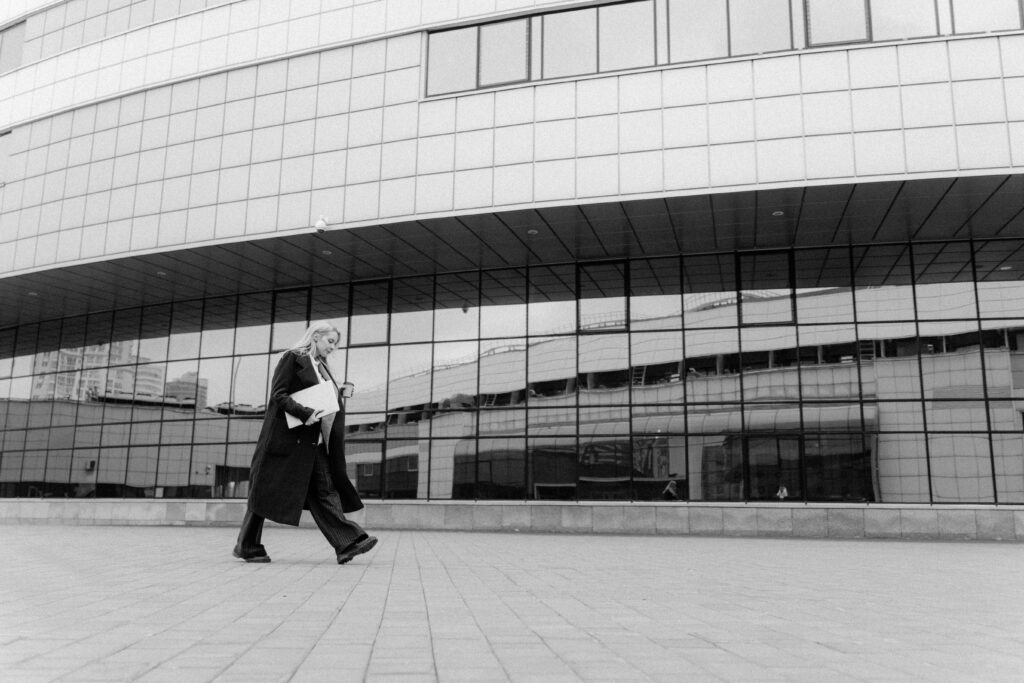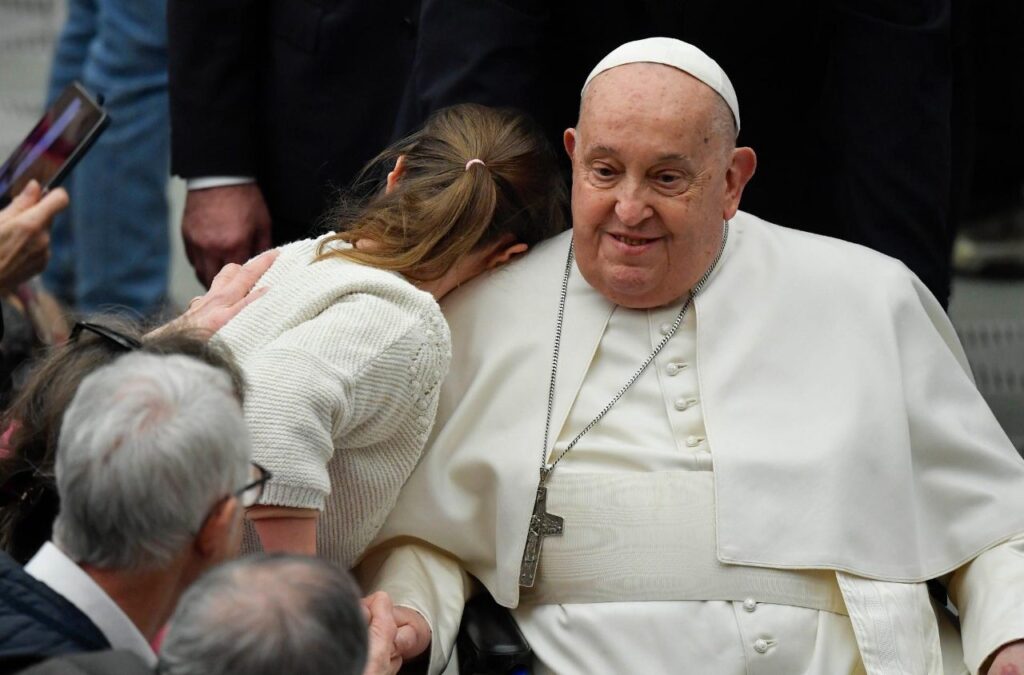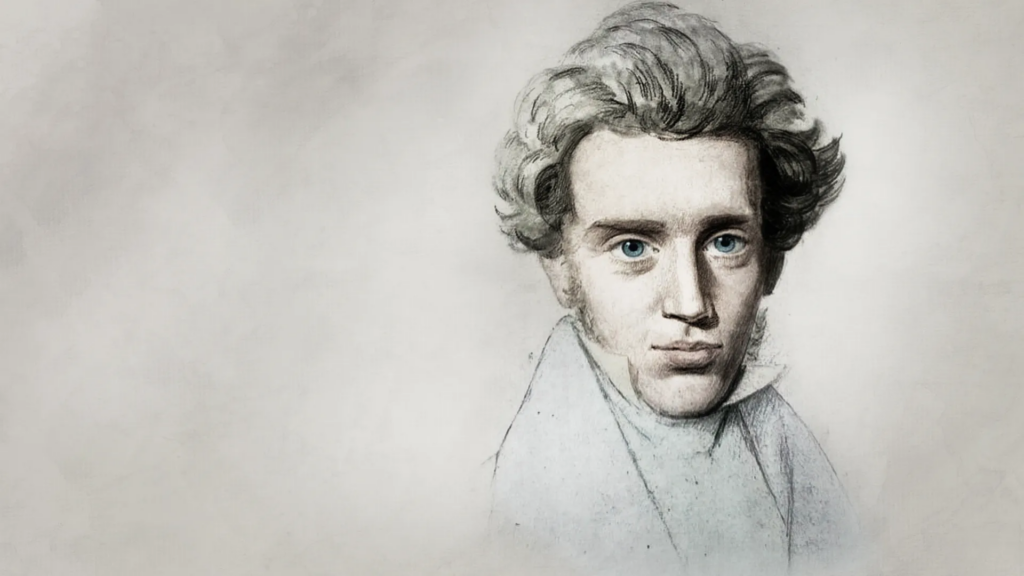How to live Holy Week holy
“What we should not do”, “what we should do” and “what we can expect”

Now that challenges are in fashion, it is worth putting one on for Easter. This “challenge” can be stated as “living Holy Week holy.” Now that we are largely in a “post-pandemic” time, how can we live holy days? We risk the Christian identity of our life, and the testimony that we must give to the world and, consequently, part of the credibility of our faith.
To face this challenge I have distinguished three steps: “what we should not do”, “what we should do” and “what we can expect”. In this sense, it is a special “challenge”, because not everything depends on us, on what we can do, on our activity; it is not one hundred percent in our hands; in fact, the most important part cannot but be expected as a gift.
What should we not do? Simply, it is about avoiding everything that offends God. The considerations of the most rancid popular piety remain valid, according to which serious sin means crucifying the Lord again, while light sin implies a new lash or a new thorn in the crown of Jesus. These meanings help us give context to the only evil that we must try to avoid, sin. How to live Holy Week well? Well, we can start by not living it badly, that is, avoiding sin. Stated like this it does not seem difficult, but we must not forget that Easter is usually a vacation period, and many people go to the beach, and then they do not live modestly there, but rather it is a place prone to excesses. Regardless of where we spend the holy days, we must not forget the obvious, that they are holy and must be lived holy days. The place – the beach, for example – is no excuse not to do it.
What should we do? Well, here comes the entire universe of good actions that human creativity can offer us. There are many ways to live it well, and now that we are out of the pandemic we can return to them: missions, social work, work camps, spiritual retreats… Of course, don’t miss the “Holy Week Services.” What are the jobs? The liturgical celebrations of Holy Thursday, Good Friday and Easter Sunday, including the Easter Vigil. Whatever activity we do, whether attending a retreat or being on the beach, let us not leave them aside, because through them the liturgy brings us into the Paschal Mystery of Christ, introduces us to his Passion, Death and Resurrection. The liturgy, in a certain spiritual sense, makes us contemporary with our Lord Jesus Christ, and makes us relive sacramentally what He lived.
What should we expect? The gift of God, which is called contemplation. The contemplative mood par excellence these days is a divine gift. It is not something that we can achieve with our own efforts, although it is not something that does without our efforts either. Hence its mysterious, but real character. What does that contemplation consist of? In reliving internally the feelings that led Jesus Christ to carry out the work of our redemption. As Saint Paul would say, in having the same feelings as Christ. It is about participating, as one more, in the scenes of the Passion, Death and Resurrection of Jesus, as if we were contemplating it for the first time, when these events happened.
And a very particular thing happens with the events of the Easter Triduum. Since Jesus is a Man, they are historical, and happened once two thousand years ago. But since Jesus is God, they also participate in his eternity, so that in the today of the liturgical celebration or in the today of our contemplative prayer, we can enter into a mysterious but real contact with these events. That is the gift of God that we can ask for and aspire to during these holy days. It is a gift that feeds and gives life to our soul. It is not only, nor primarily, the fruit of effort – it is called Pelagianism, the heresy that considers it the work of our hands and that Pope Francis has harshly criticized – but the fruit of God’s love for the soul that seeks Him with sincerity of heart. Well, with these three elements, avoiding what is bad, doing what is good and waiting for God’s gift, we can live Holy Week holy.
Related

Reversing Social Deterioration: A Task That Begins in Business Management
Alejandro Fontana
25 April, 2025
4 min

The Revolution of Tenderness
María Elizabeth de los Ríos
25 April, 2025
3 min

His Hope Does Not Die!
Mario J. Paredes
24 April, 2025
6 min

The Religious Writer with a Fighting Heart
Francisco Bobadilla
24 April, 2025
4 min
 (EN)
(EN)
 (ES)
(ES)
 (IT)
(IT)

